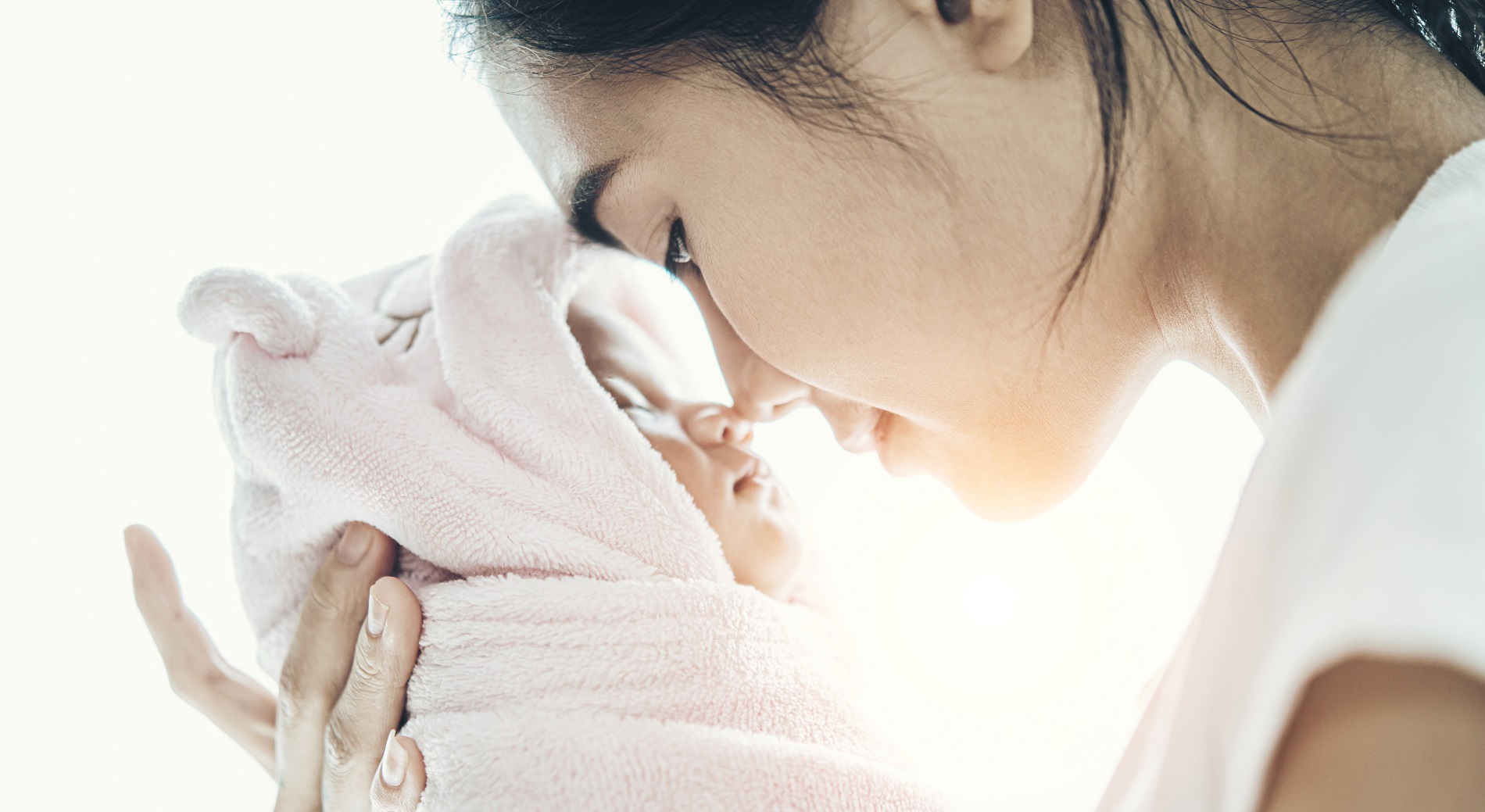SINGAPORE: Recognizing the increased stress levels and sleep deprivation that accompany the joyous arrival of a new baby, the National University of Singapore’s (NUS) Alice Lee Centre for Nursing Studies at the Yong Loo Lin School of Medicine has developed a new mobile app aimed at supporting new parents through expert-backed information and tips.
The app, a collaborative effort by obstetricians, psychiatrists, nurses, and midwives from NUS Nursing, NUS Medicine, the National University Hospital, National University Polyclinics, KK Women’s and Children’s Hospital, and Singapore General Hospital, offers a wealth of resources, including videos, podcasts, and written articles. These materials are tailor-made for local parents, providing guidance on various aspects of infant care.
Associate Professor Shefaly Shorey and her team at NUS Nursing conducted a three-year study during the COVID-19 pandemic to assess the app’s effectiveness on parental and infant outcomes.
The results highlighted the positive impact of the mobile app on parents’ well-being and infant developmental outcomes during the perinatal period.
The study examined outcomes such as postnatal depression, anxiety, parental bonding, self-efficacy, perceived social support, and parenting satisfaction.
Parents who actively used the app reported significantly higher levels of perceived social support, indicating that the resources provided were instrumental in alleviating some of the challenges associated with new parenting responsibilities.
One notable finding was reduced depressive symptoms among mothers who engaged with the app.
Over the postpartum period, these mothers experienced a gradual decrease in depressive symptoms, maintaining the improvement until the last follow-up at nine months postpartum.
In contrast, mothers who did not use the app showed an increase in depressive symptoms after childbirth.
The impact extended beyond parental well-being to the developmental outcomes of infants. Infants whose parents engaged with the app displayed lower risks of developmental delays in cognitive (5.5% vs 23.8%), motor (9.1% vs 19.0%), communication (1.5% vs 4.4%), and social (18.2% vs 20.0%) skills.
Associate Professor Shefaly Shorey commented on the study, saying, “Despite the challenges of the parenting journey, particularly during the COVID-19 pandemic, mothers and fathers were able to receive timely and useful support from the resources provided through the mobile app.
“Our study proved that the mobile health intervention was a good source of evidence-based yet localized information and reliable support, helping parents care for newborns and their own emotional and overall well-being.”
In an era where digital solutions are becoming increasingly integral to healthcare, this innovative mobile app stands out as a beacon of support for new parents navigating the complexities of parenthood, offering a promising model for future maternal and infant health interventions.

